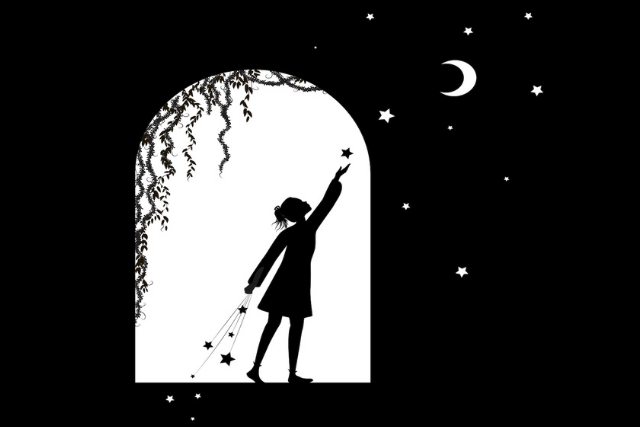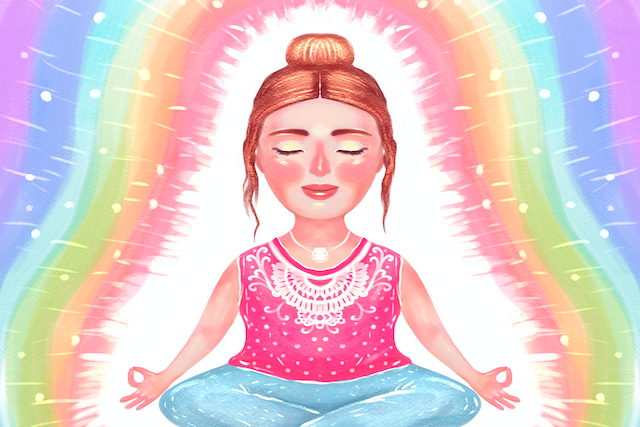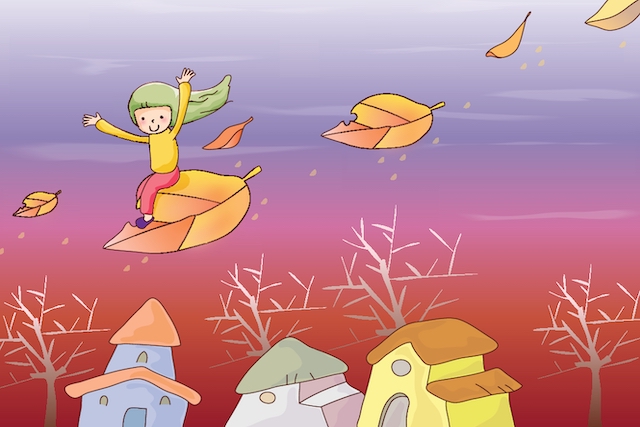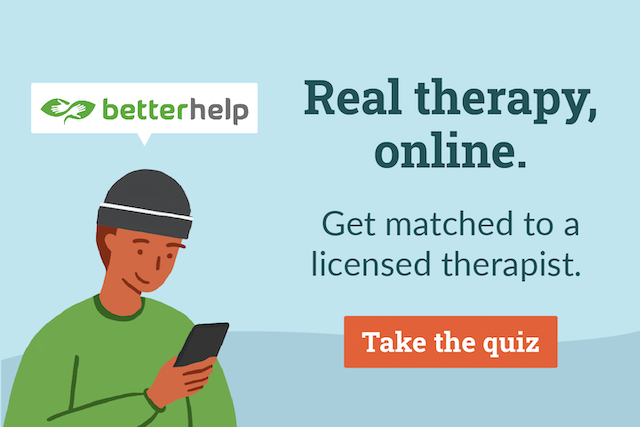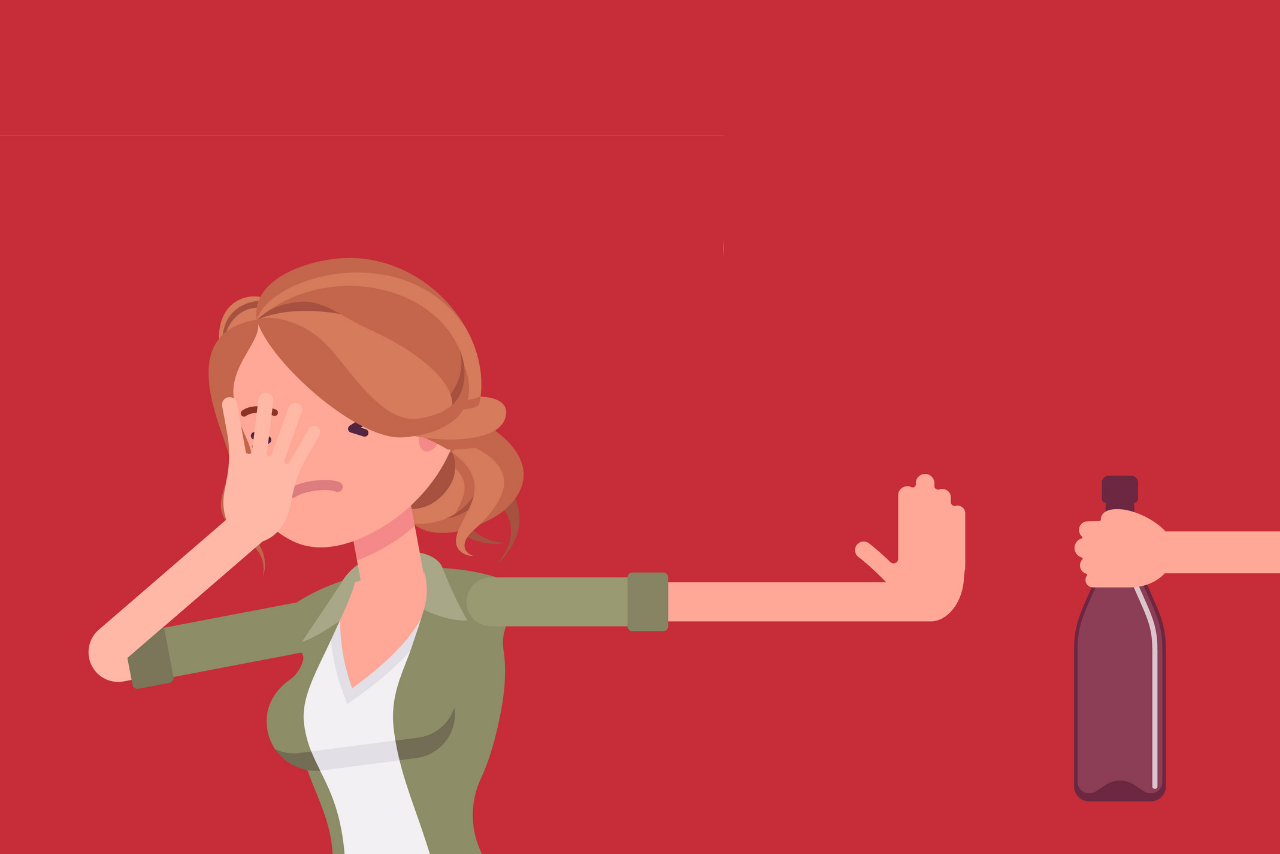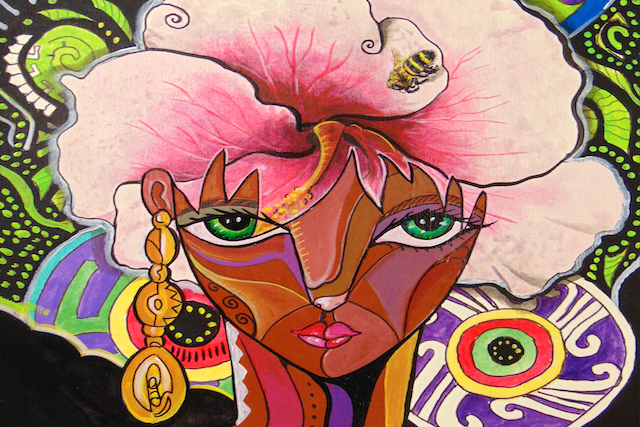
I think I know you pretty well. I know I don’t know you, know you, but I’m guessing since you’re here, you’re a lot like me.
You want to be your best self. You want to make the most of your life. You want to be the best you can be, physically and mentally, for the people around you. And you quite possibly will take a little time today to think about what you should embrace or release in the year ahead to boost your happiness and make a positive impact on the world.
Maybe you’ll make a list of things you’d like to do or achieve (buy my first house is high on my list). Maybe you’ll jot down some habits to adopt and let go (I’m planning to start trampoline rebounding and trying to stop scrolling while with my kids.) Perhaps you’ll also set some goals with the people you love in mind (my big one is to control less and trust more).
Whatever your individual resolutions, and even if you don’t set any at all, your next year will largely depend on your mental state from day to day.
We can have everything we’ve ever wanted and be miserable, or have very little and be the happiest we’ve ever been. It mostly comes down to how we think, what we believe, and how well we take care of ourselves. Which means we have tremendous power to change our life for the better, regardless of the external goals we achieve, simply by making wise choices for our own well-being.
With this in mind, I decided to create a list of positive things we can do for ourselves to make this next one our best year yet, using quotes from the blog (all of which I included in Tiny Buddha’s 2022 Day-to-Day Calendar—still available if you want to check it out!).
I hope these suggestions bring you peace, joy, and healing, in 2022 and beyond!
1. Practice mindfulness.
“When we spend too much time lost in our thinking minds—rushing from one appointment to the next—life, which is always happening now, flashes by unnoticed. The days, the weeks, the months, the years all blur into one, as the preciousness of each living moment is lost to a lack of presence. We’re left wondering where all the time has gone and why we feel so dissatisfied, unfulfilled, and disconnected. Taking time to be more attentive to each new moment as it arises is the key to experiencing more peace, connection, and aliveness, regardless of what is going on in your life or what you believe it should look like.” ~Richard Paterson
2. Embrace change.
“Life is not about what happens to us but how we react to it, and some of our biggest disappointments can lead to better things in life, bringing us new beginnings, if we learn to adapt and embrace change. Expect life not to go to plan and then you won’t be so disappointed. Accept what is, look for the silver lining, and adapt. Keep looking for the good in every moment and learn from the tough ones. This is how we not only survive but thrive: by embracing each moment for what it is and choosing to make the best of it.” ~Jess Stuart
3. Have faith in yourself.
“Have a little faith in your ability to handle whatever’s coming down the road. Believe that you have the strength and resourcefulness required to tackle whatever challenges come your way. And know that you always have the capacity to make the best of anything. Even if you didn’t want it or ask for it, even if it seems scary or hard or unfair, you can make something good of any loss or hardship. You can learn from it, grow from it, help others through it, and maybe even thrive because of it. The future is unknown, but you can know this for sure: Whatever’s coming, you got this.” ~Lori Deschene
4. Slow down.
“It can be addictive to run yourself ragged, I know. Your heart beats faster, you feel the thrill of a rush, and your brain feels like it’s about to burst with all your ideas and plans. You’re constantly going, going, going, with no stop to it. But chasing that feeling is also damaging your health in the long run. If your head is hurting or you feel tired, take a rest. You are not lazy for needing a break. It’s your body’s way of telling you that it’s been running at full speed for far too long. Listen to your body.” ~Melissa Chu
5. Commit to meeting your personal needs.
“For many of us, our needs aren’t even on the radar. Simply taking a moment to ask yourself what they are can give you answers you never knew were there. So ask yourself: What are my needs? What are my personal prerequisites for happiness? Not what the commercials or your friends are telling you. What is your soul telling you? Do you need more creativity, passion, fun? More time in nature? Less stress? Once you’ve started discovering what your needs are, check in with yourself often. Are your needs being met right now? If not, how can you make that happen?” ~Kaylee Rupp
6. Focus not just on your to-do list, but also a to-be list.
“Write a to-be list instead of a to-do list, for tomorrow. It may look something like this: Tomorrow I will be: mindful, aware, peaceful, a person who seeks reasons to smile and laugh, loving, appreciative, forgiving, thoughtful, supportive, still, quiet, faithful, honest, a person who simply wants to be. The quality of your life is determined by who you are, not by what you accomplish. We are, after all, human beings not human doings. Let’s base the value of our day on that small bit of wisdom and live accordingly. Just be.” ~Nancy Daley
7. Take breaks from the noise of the world.
“Give yourself permission to step away from the noise of the world. Specifically, you have permission to: Turn off the news, or reduce your intake. Reduce your time on social media if it stresses you out. Unfollow social media accounts that are too negative for you. Reduce your contact with negative individuals in your life by setting boundaries. Put yourself on time out if you need it. Take a mental health day. Say no to things you don’t want to do (even if you already said yes).” ~Kelly Ramsdell
8. Accept where you are.
“It’s okay to be right where you are. Sometimes we think we need to be making progress and moving forward, that we need to be a shining ray of light all the time. But the truth is, we need times when we’re pausing. Those times are often when we feel more lost and alone. We’re figuring things out, re-evaluating what we thought we wanted. It helps to let ourselves rest in the knowledge that this time is natural and normal, rather than tell ourselves we need to be making progress and moving forward.” ~ Lindsey Lewis
9. Recognize that it’s okay to not feel happy all the time.
“Without a doubt, the most important thing to remember is that it’s okay to feel overwhelmed and stressed out. It’s okay to feel lost and unsure. It’s alright to have no idea how you’re going to hold it together sometimes. We put so much pressure on ourselves to be happy all the time. It’s okay to acknowledge when times are tough. It’s alright to feel anxious, even if it’s uncomfortable.” ~Ilene S. Cohen
10. Keep things in perspective.
“Apply the asteroid scenario test. Simply put, if an asteroid hit Earth and life as we know it was about to end, you’d have a choice: Would you really spend your final days stressing and worrying about something you have absolutely no control over? Or would you be happy with your loved ones with whatever time you have left? Extreme situation, I know, but you need to decide and move forward. Learn to ascertain what you cannot control and acknowledge this with unwavering acceptance. Then focus on positive steps you can control instead.” ~Perry Manzano
—
Have anything to add to the list?
![]()
About Lori Deschene
Lori Deschene is the founder of Tiny Buddha. She’s also the author of Tiny Buddha’s Gratitude Journal Tiny Buddha's Worry Journal, and other books and co-founder of Recreate Your Life Story, an online course that helps you let go of the past and live a life you love. For daily wisdom, join the Tiny Buddha list here. You can also follow Tiny Buddha on Facebook, Twitter, and Instagram.
Get in the conversation! Click here to leave a comment on the site.
The post 10 Positive Things to Do for Yourself in the New Year appeared first on Tiny Buddha.
from Tiny Buddha https://ift.tt/32QDvb2


